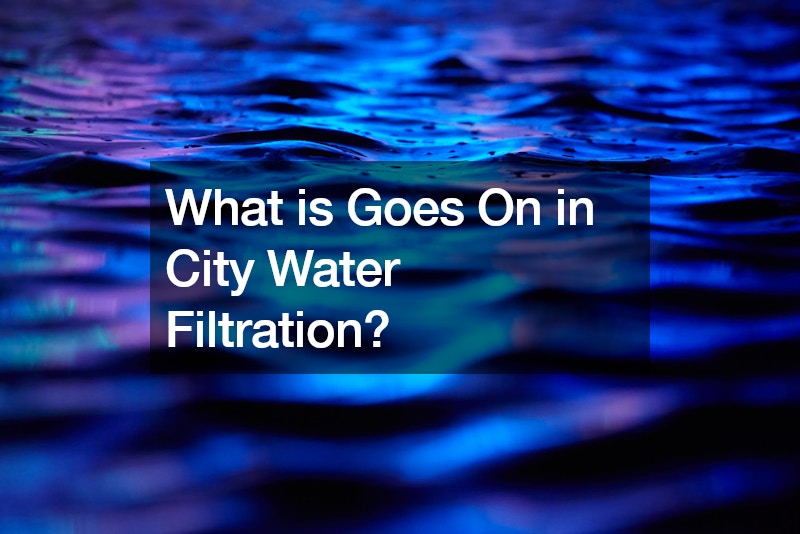City water filtration refers to the process of treating and purifying municipal water supplies to remove contaminants, impurities, and pollutants, ensuring safe, clean, and potable drinking water for urban communities. As cities grow and water sources face increasing pollution risks, city water filtration systems play a vital role in maintaining public health, safeguarding the environment, and ensuring access to high-quality drinking water for residents.
1. Understanding Urban Water Sources and Contaminants: Urban water filtration systems utilize various treatment processes, such as coagulation, sedimentation, filtration, disinfection, and advanced technologies like reverse osmosis or activated carbon filtration, to target and remove specific contaminants and impurities from the water.
2. Ensuring Compliance with Water Quality Standards and Regulations: By prioritizing transparency, accountability, and continuous improvement, urban water filtration authorities strive to build public trust, promote awareness, and also engage stakeholders in collaborative efforts to protect and improve urban water supplies.
3. Investing in Sustainable and Resilient Water Infrastructure: By integrating green infrastructure, nature-based solutions, and smart technologies into urban water management practices, cities can optimize water resources, reduce environmental impacts, mitigate risks, and guarantee the long-term sustainability and resilience of their water supply systems.
4. Promoting Public Awareness, Education, and Community Engagement: Through outreach campaigns, educational initiatives, and community partnerships, urban water filtration authorities foster a culture of water stewardship, environmental responsibility, and collective action to safeguard urban water supplies for current and future generations.
.











